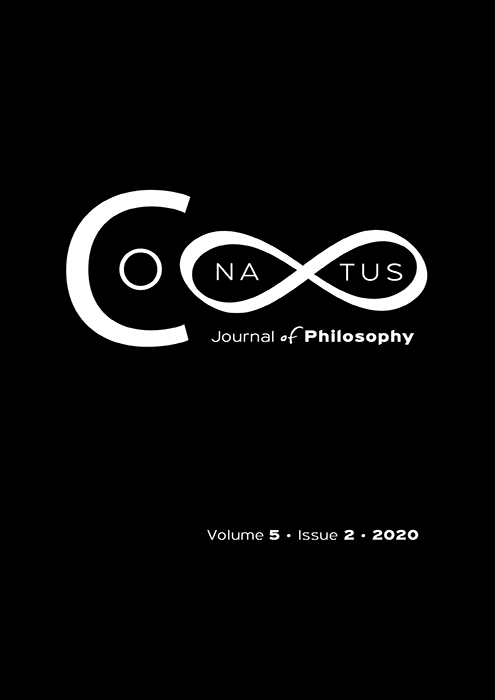The Concept of Moral Conscience in Ancient Greek Philosophy

Abstract
The concept of consciousness in ancient Greek philosophy, concerns the internal autonomy and philosophical freedom from the condemnation of ignorance of both the foreign and the domestic world. The ancient Greek philosophers pointed out the value of the dialectic with the inner self to the problem of moral conscience and handed us a legacy of values and the primacy of reason. The concept of moral consciousness in ancient Greek philosophy. The article examines the concept of moral consciousness in ancient Greek philosophy. The purpose of the article is to investigate the moral question related to whether moral concepts have a subjective or an objective basis. In addition, the article demonstrates the unaffected by time significance of the concept of moral consciousness, as well as its connection with the reality of moral concepts, moral propositions, moral judgments, moral man, moral law, moral idealism, moral naturalism and moral relativism. Moral consciousness is the mirror of our self-knowledge.
Article Details
- How to Cite
-
Mantzanas, M. (2020). The Concept of Moral Conscience in Ancient Greek Philosophy. Conatus - Journal of Philosophy, 5(2), 65–86. https://doi.org/10.12681/cjp.23148
- Section
- Articles

This work is licensed under a Creative Commons Attribution-NonCommercial 4.0 International License.
Authors who publish with this journal agree to the following terms:
Authors retain copyright and grant the journal right of first publication with the work simultaneously licensed under a Creative Commons Attribution Non-Commercial International License (CC BY-NC 4.0) that allows others to share the work with an acknowledgement of the work's authorship and initial publication in this journal.
Authors are able to enter into separate, additional contractual arrangements for the non-exclusive distribution of the journal's published version of the work (e.g. post it to an institutional repository or publish it in a book), with an acknowledgement of its initial publication in this journal.
Authors are permitted and encouraged to post their work online (preferably in institutional repositories or on their website) prior to and during the submission process, as it can lead to productive exchanges, as well as earlier and greater citation of published work.





